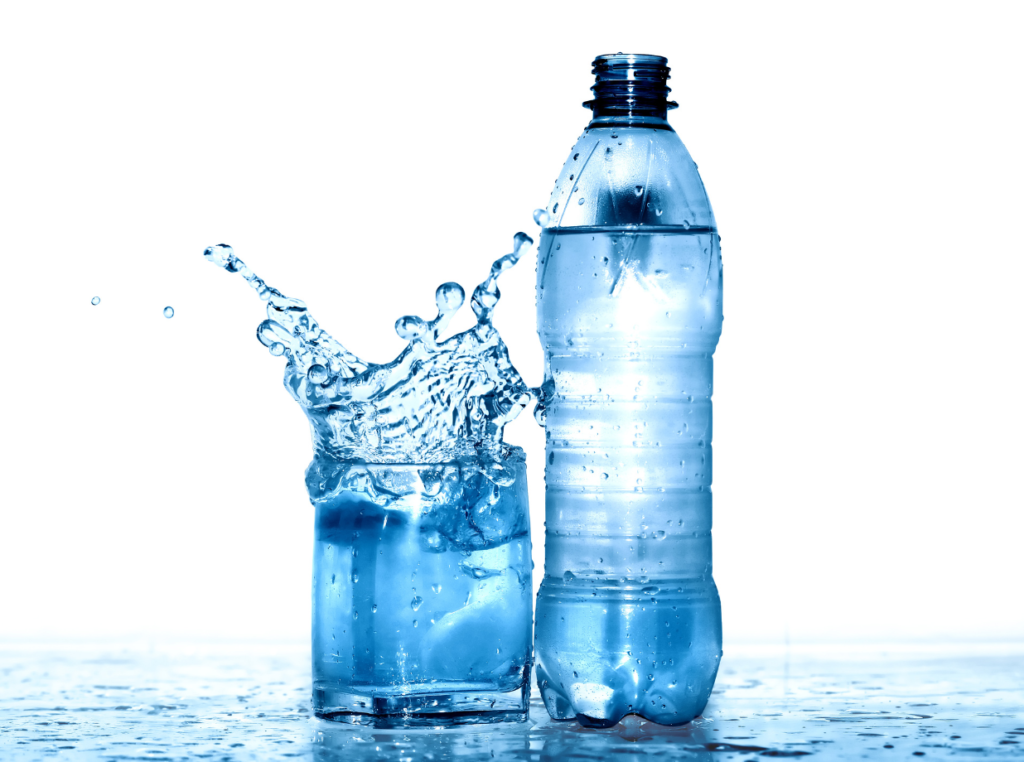Hydration is essential for maintaining good health and overall well-being. Our bodies are made up of about 60% water, and every system in our body relies on water to function properly. Water helps regulate body temperature, aids in digestion, and helps transport nutrients and oxygen to cells. It also plays a crucial role in flushing out toxins and waste products from the body. Dehydration can lead to a range of health issues, including headaches, fatigue, and even more serious conditions such as kidney stones and urinary tract infections. It’s important to stay properly hydrated by drinking an adequate amount of water each day.
In addition to drinking water, we also get hydration from the foods we eat. Fruits and vegetables, in particular, have high water content and can contribute to our overall hydration levels. However, it’s still important to drink plenty of water throughout the day to ensure that we are properly hydrated. The amount of water a person needs can vary based on factors such as age, gender, and activity level, but a general guideline is to aim for about 8-10 cups of water per day.
The Differences Between Distilled Water and Mineral Water

Distilled water and mineral water are two popular options for staying hydrated, but they have some key differences. Distilled water is created through a process of distillation, which involves boiling water to create steam and then condensing the steam back into water. This process removes impurities and minerals from the water, resulting in a very pure form of H2O. Mineral water, on the other hand, naturally contains minerals such as calcium, magnesium, and potassium, which are beneficial for health.
One of the main differences between the two types of water is their mineral content. Distilled water is essentially mineral-free, while mineral water contains a variety of minerals that can contribute to overall health. Another difference is the taste – distilled water is often described as having a very neutral taste, while mineral water can have a slightly mineral or metallic taste due to its mineral content. When it comes to choosing between the two, it’s important to consider your individual health needs and preferences.
The Benefits of Distilled Water
Distilled water has several potential benefits for health and well-being. Because it is free from impurities and minerals, it is a very pure form of water that can be beneficial for certain medical conditions. For example, some people with kidney disease or other health issues may be advised to drink distilled water to avoid consuming excess minerals that could be harmful to their health. Distilled water is also often used in medical settings for procedures such as dialysis and in medical devices such as CPAP machines.
Another potential benefit of distilled water is its purity. Because it has been stripped of impurities and minerals, it can be a good option for those who are concerned about the quality of their drinking water. In areas where tap water may be contaminated or have a high mineral content, distilled water can provide a clean and pure alternative. Additionally, some people prefer the taste of distilled water because it lacks the mineral or metallic taste that can be present in other types of water.
The Benefits of Mineral Water
Mineral water offers several potential health benefits due to its natural mineral content. Minerals such as calcium, magnesium, and potassium are essential for maintaining good health, and mineral water can be a convenient way to supplement these nutrients. For example, calcium is important for bone health and muscle function, while magnesium plays a role in energy production and nerve function. Drinking mineral water can help ensure that you are getting an adequate intake of these important minerals.
In addition to its mineral content, mineral water may also have other potential health benefits. Some studies have suggested that drinking mineral water may help improve digestion and promote overall digestive health. The carbonation present in some types of mineral water can also aid in digestion by stimulating the production of digestive enzymes. Additionally, some people find that the taste of mineral water is more appealing than other types of water, which can make it easier to stay properly hydrated.
Potential Drawbacks of Distilled Water
While distilled water has its benefits, there are also some potential drawbacks to consider. One of the main concerns with distilled water is that it lacks essential minerals that are important for good health. While some people may need to limit their intake of certain minerals due to medical conditions, most people benefit from consuming a variety of minerals through their diet. Drinking distilled water exclusively could potentially lead to deficiencies in important minerals such as calcium and magnesium.
Another potential drawback of distilled water is its taste. Some people find that distilled water has a flat or bland taste due to its lack of minerals. This can make it less appealing to drink compared to other types of water, which could potentially lead to decreased hydration levels. Additionally, because distilled water lacks minerals, it may not provide the same potential health benefits as mineral water.
Potential Drawbacks of Mineral Water
While mineral water has its benefits, there are also some potential drawbacks to consider. One concern with mineral water is its mineral content – while minerals are essential for good health, consuming too much of certain minerals can be harmful. For example, some types of mineral water may have a high sodium content, which could be problematic for those with high blood pressure or other health issues. It’s important to be mindful of the mineral content in the specific type of mineral water you choose to ensure that you are not consuming excessive amounts of any particular mineral.
Another potential drawback of mineral water is its cost. Mineral water can be more expensive than other types of water, which may make it less accessible for some people. Additionally, not all types of mineral water are created equal – some may have higher levels of beneficial minerals than others, so it’s important to read labels and choose a high-quality option if you decide to drink mineral water.
Making the Choice: Which Water is Better for You?
When it comes to choosing between distilled water and mineral water, there isn’t necessarily a one-size-fits-all answer. The best type of water for you depends on your individual health needs and preferences. If you have specific medical conditions that require you to limit your intake of certain minerals, distilled water may be the best option for you. On the other hand, if you are looking to supplement your diet with essential minerals or prefer the taste of mineral water, then mineral water may be the better choice.
It’s also worth considering that there are other options beyond just distilled and mineral water. For example, spring water is another popular choice that comes from natural springs and may contain beneficial minerals. Tap water can also be a good option in many areas, especially if it has been properly filtered or treated to remove impurities. Ultimately, the most important thing is to stay properly hydrated by drinking an adequate amount of clean, safe water each day – regardless of whether it’s distilled, mineral, spring, or tap water. By making hydration a priority and choosing the best option for your individual needs, you can support your overall health and well-being.



